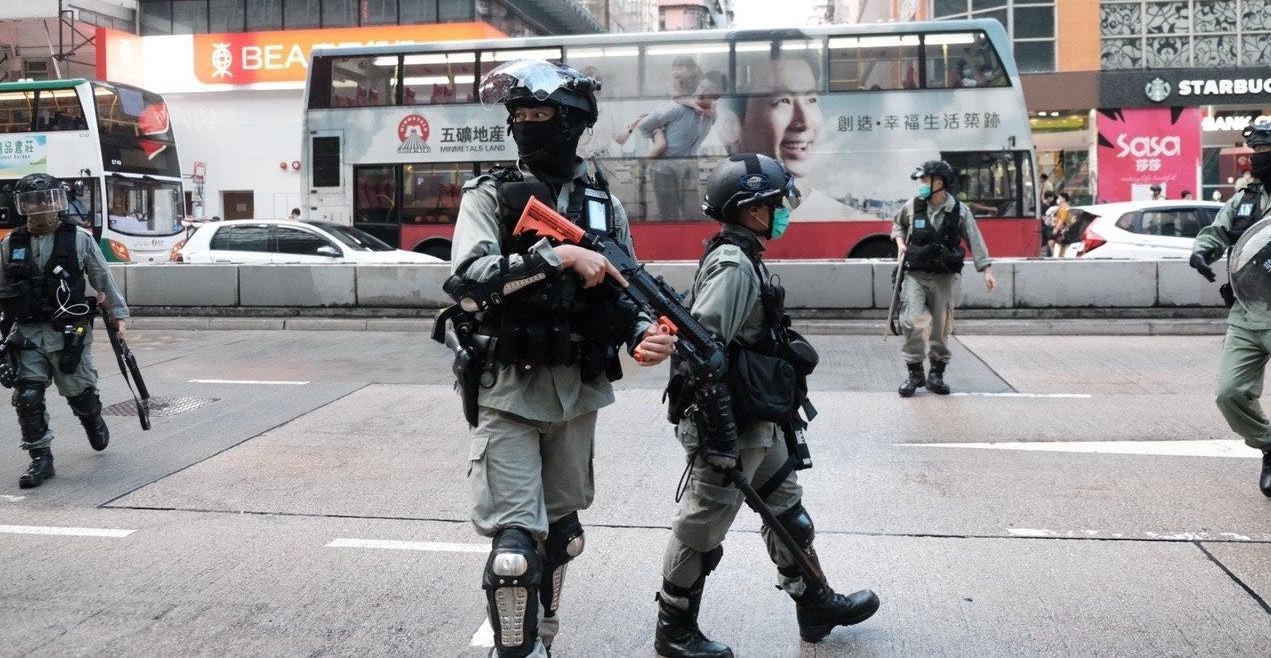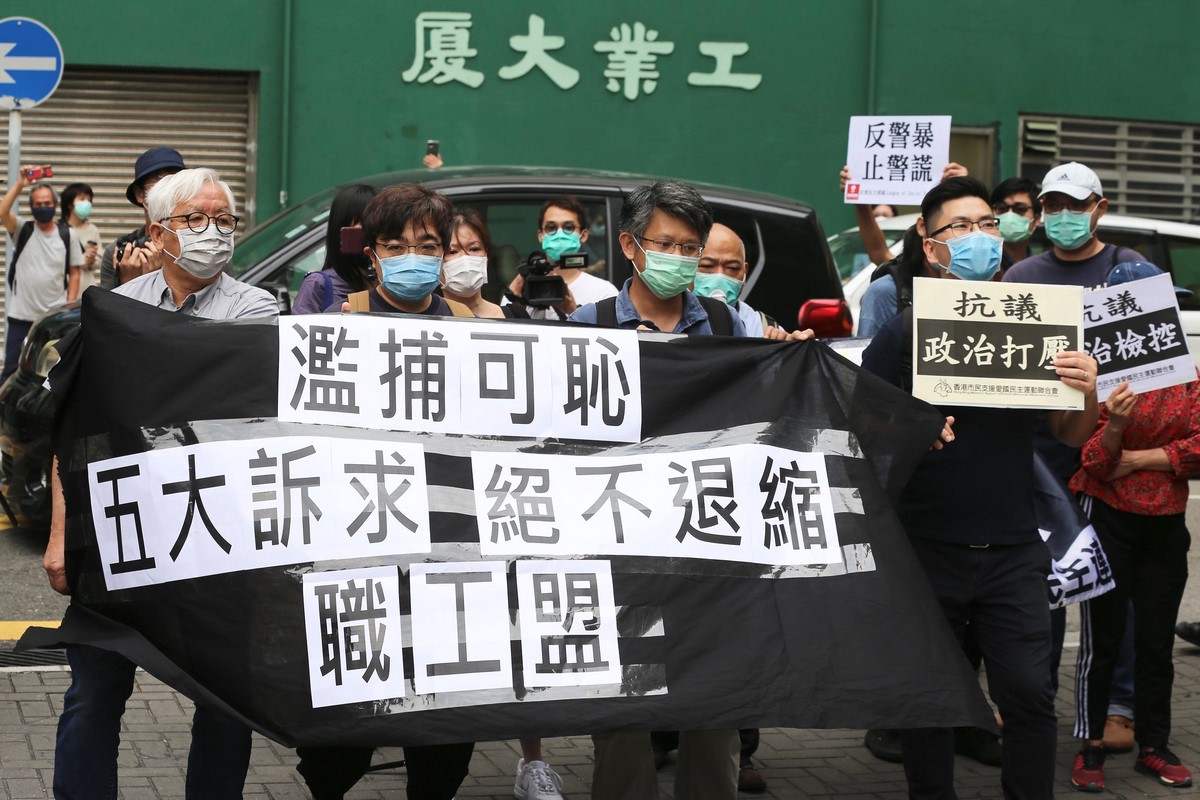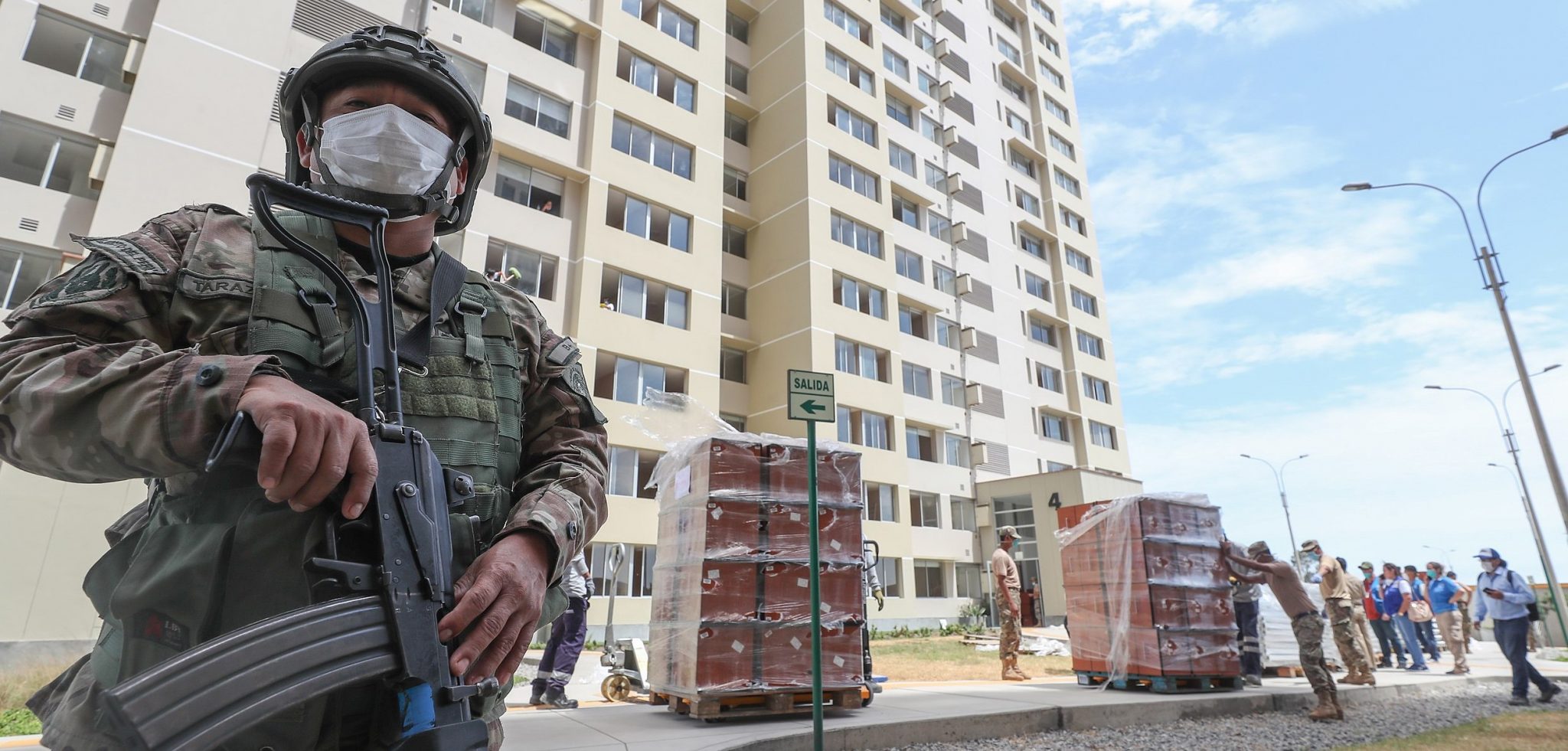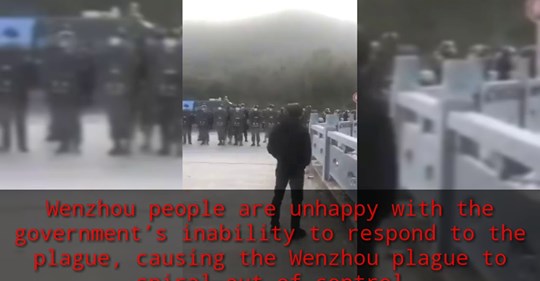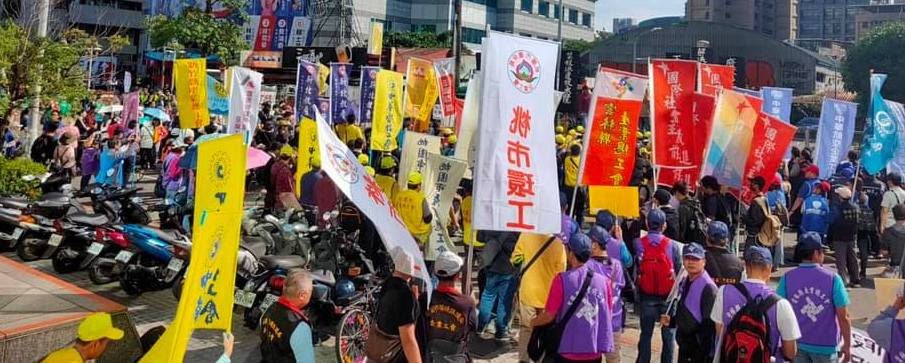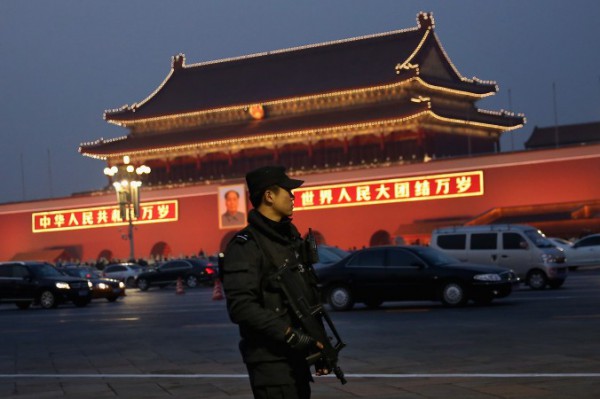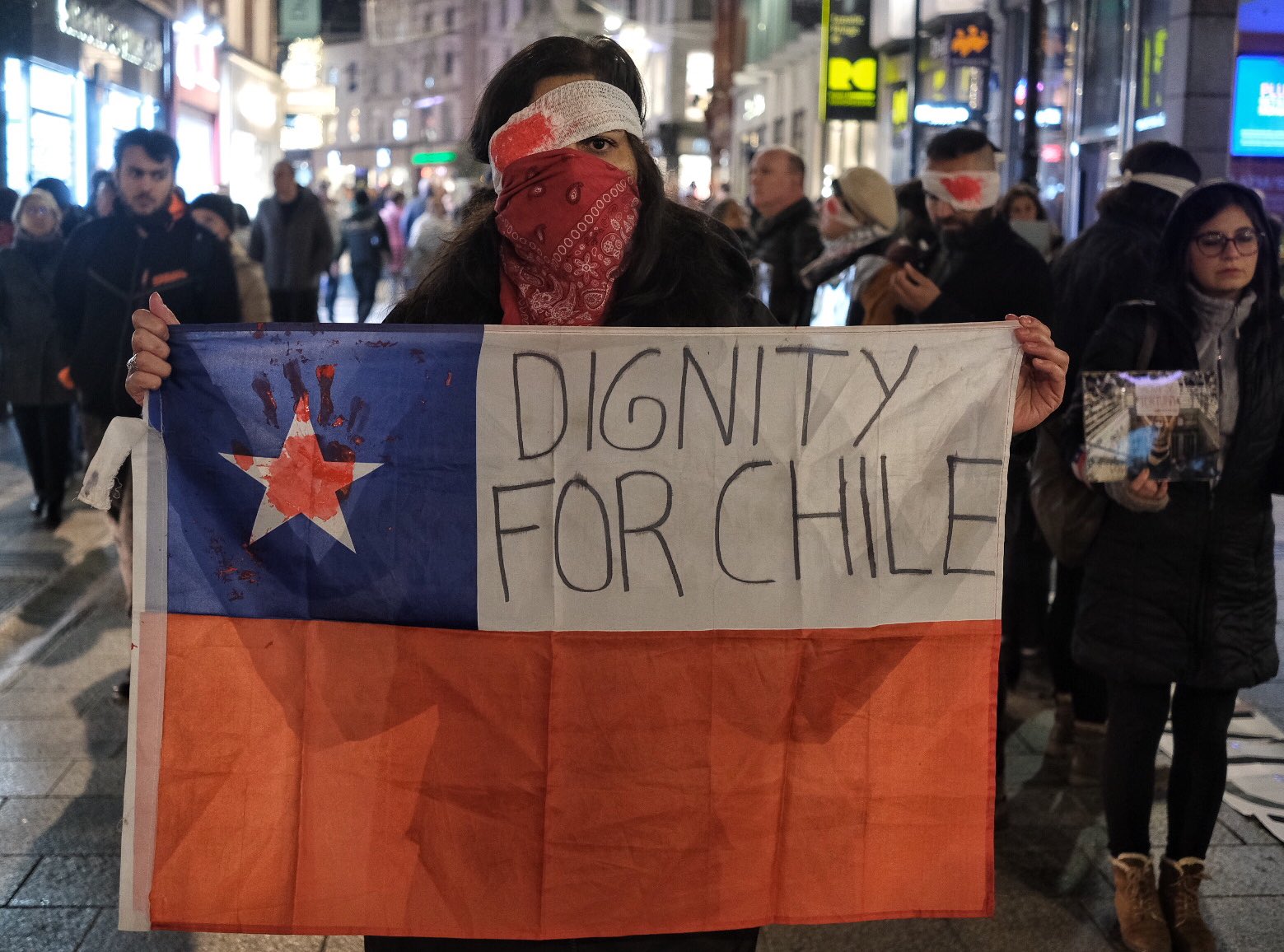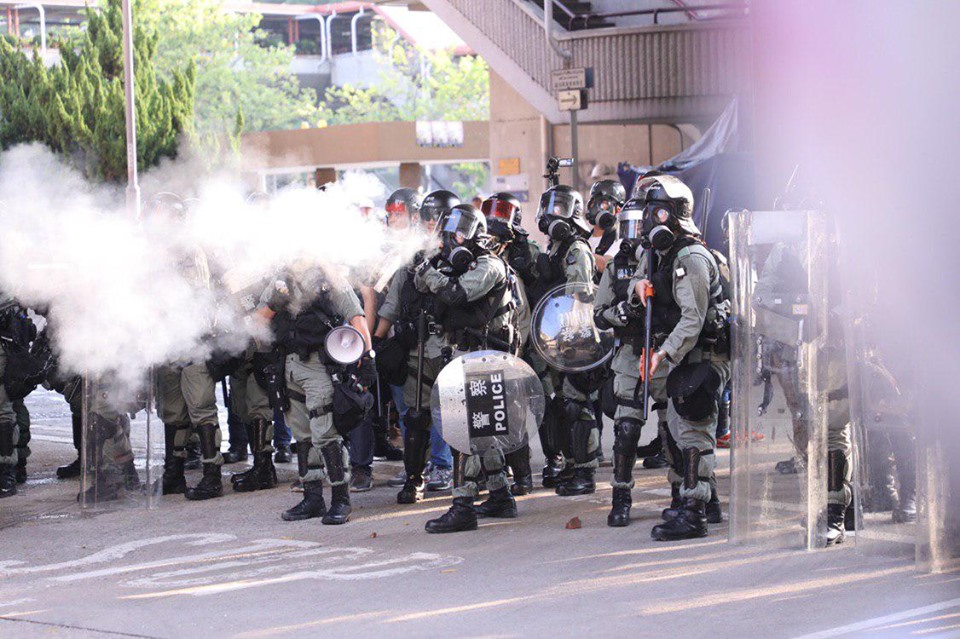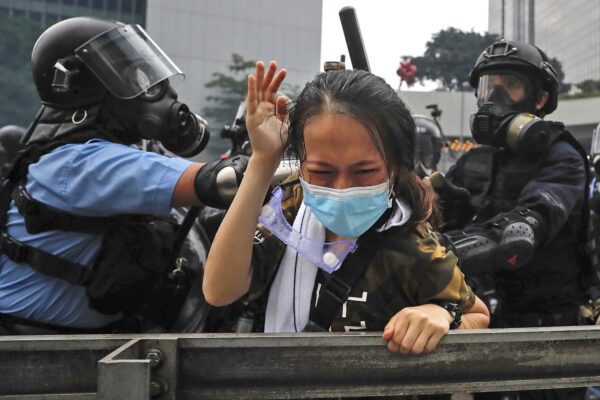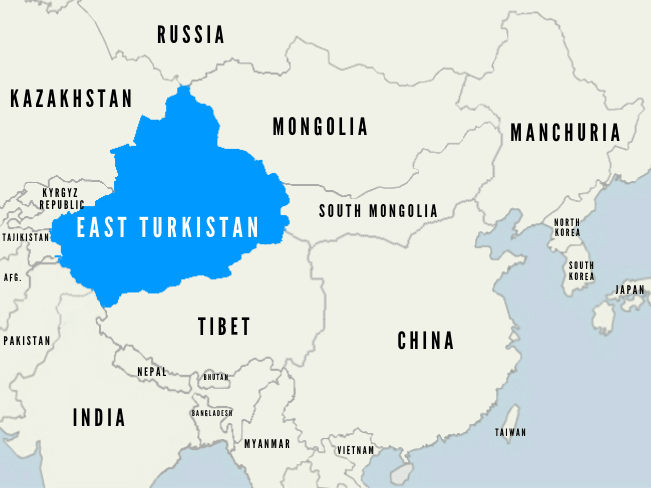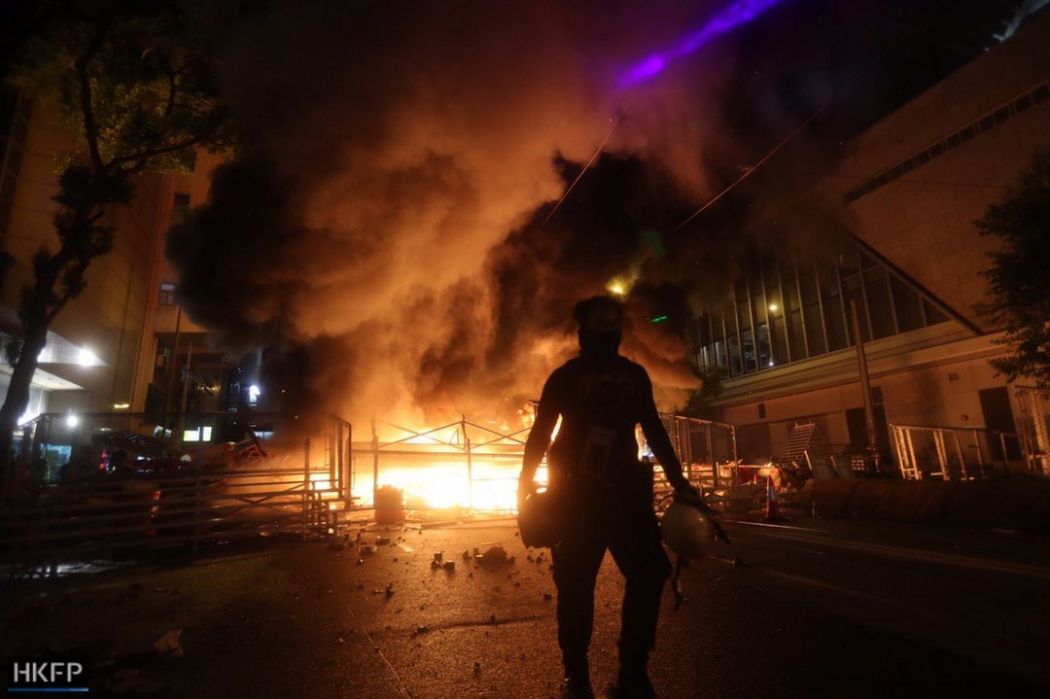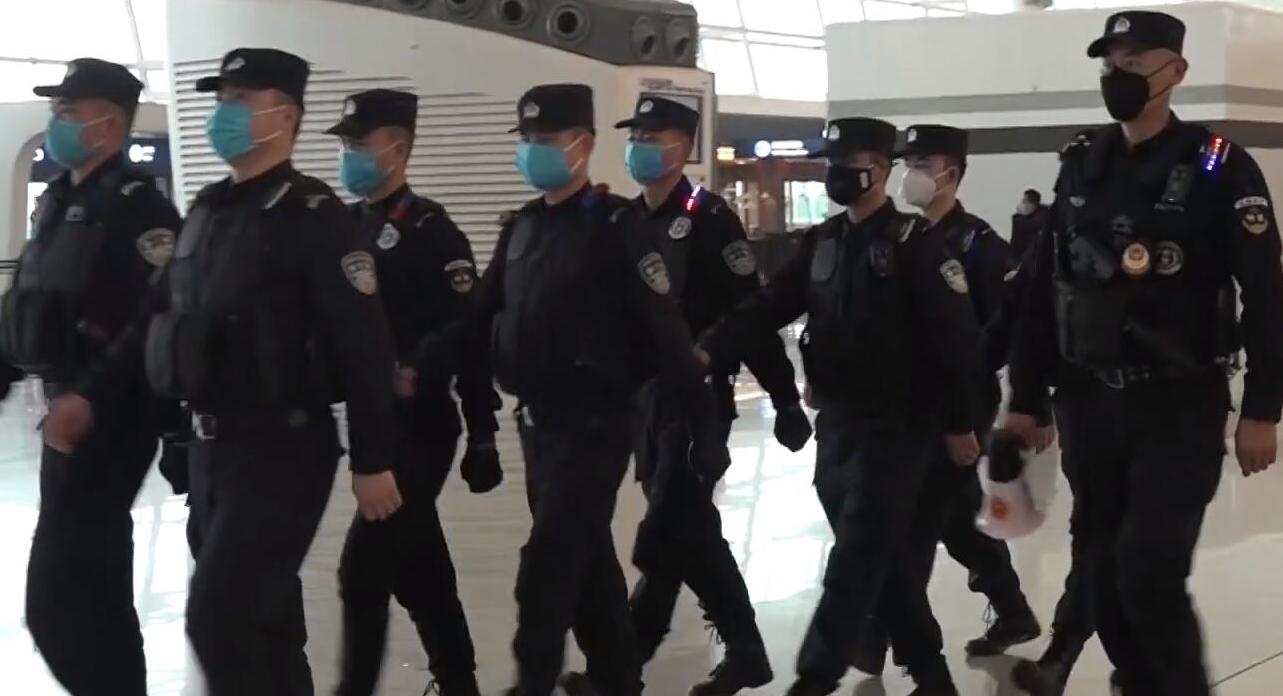
Another independent journalist arrested in Wuhan
The New York-based Committee to Protect Journalists is urging Chinese authorities to immediately release journalist Zhang Zhan, drop any charges against her, and ensure that the media can cover the coronavirus pandemic without fear of arrest. Zhang, an independent video journalist who had been posting reports from Wuhan on Twitter and YouTube since early February, went missing in the city one day after she published a video critical of the government’s countermeasures to contain the virus. The Shanghai Municipal Public Security Bureau issued a notice stating that Zhang had been arrested and detained for “picking quarrels and provoking trouble.” If convicted, she could face up to five years in prison, according to the Chinese criminal code. (Photo: China News Service via Wikimedia Common)



